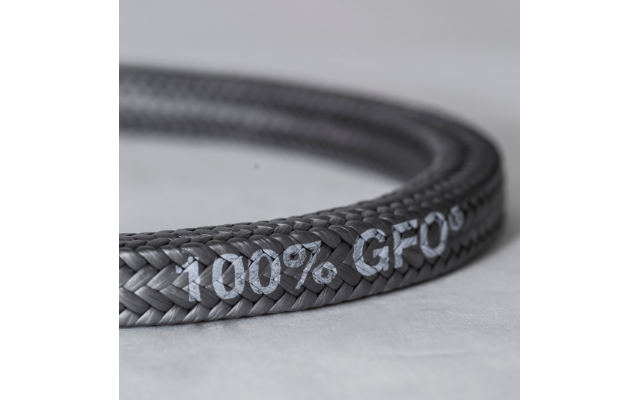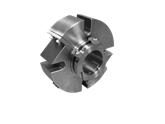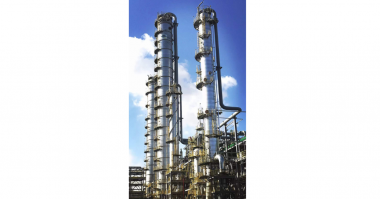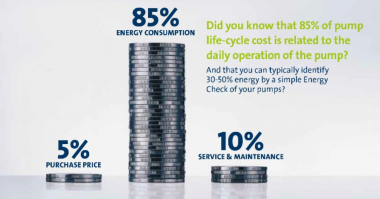In a recent podcast, sealing expert Chuck Tanner discussed the application factors and environmental compliance requirements needed to decide. Lori Ditoro, SEPCO
Regardless of a pump system’s age, if the process fluid changes—the pH, temperature, makeup (solids content/viscosity) or pressure—the seal technology may need to change. In new plants, these same parameters are used by plant and maintenance managers to decide what seal technology to specify.
In a February 2019 Rooted in Reliability podcast, SEPCO Director of Market Development Chuck Tanner joined host James Kovacevic, principal instructor with Eruditio to discuss:
- The different sealing technologies
- Why one technology is chosen instead of another
- How end users can make the technology change if needed
Compression packing is the most frequently used and oldest sealing technology available. However, packing must leak for optimal operation and to prevent premature failure. If environmental compliance requires that the fluid not leak, a mechanical seal or other technology must be used. If lubrication reliability is the application, a bearing isolator is the direction to take. When sealing slurries or powders, an air seal is often the ideal choice.
For more, check out the Rooted in Reliability podcast, which is available for download at Accendo Reliability or at HP Reliability.
Lori Ditoro is content marketing manager for Sealing Equipment Products Company (SEPCO). SEPCO is a global sealing solutions provider based in Alabaster, Alabama. With a history of providing quality fluid and dry sealing components, SEPCO manufactures pump and valve packing, mechanical seals, gasket materials, high-performance plastics, air seals, and bearing isolators.






Comments